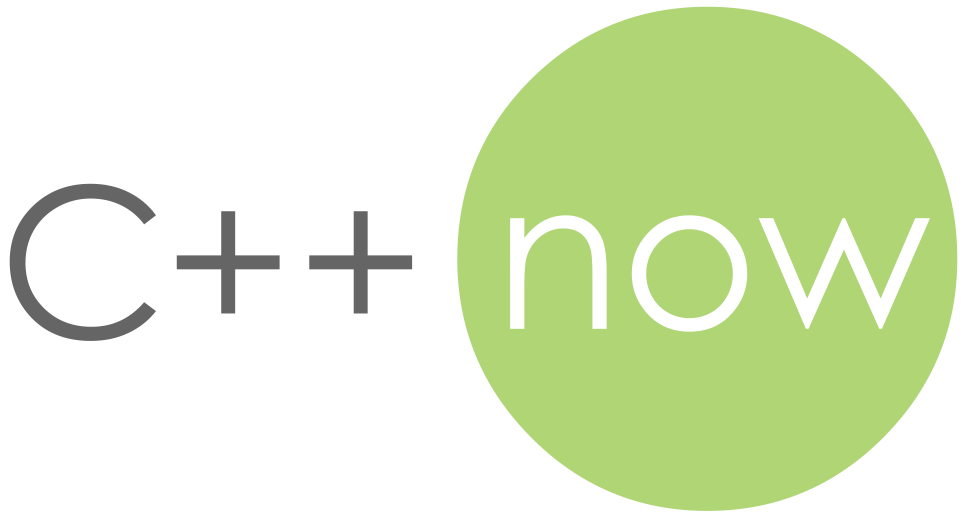C++ in Competitive Programming: warmup--Marco Arena
In this new post on Competitive Programming I introduce std::vector and std::accumulate:
C++ in Competitive Programming: warmup
by Marco Arena
From the article:
You are given an array of integers of size N. Can you find the sum of the elements in the array? ...


